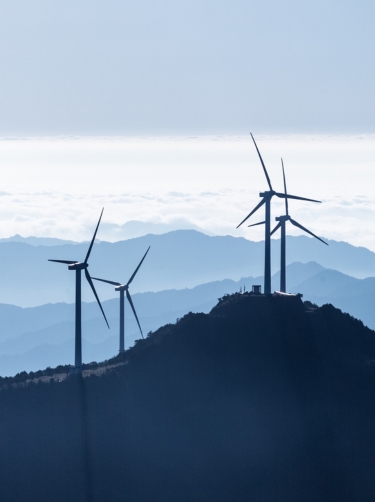Home / U.S. Climate Alliance Members Collectively Secure More Than $2.5 Billion to Slash Harmful Climate Pollution

WASHINGTON, D.C. — The U.S. Climate Alliance, a bipartisan coalition of governors representing approximately 60 percent of the U.S. economy and 55 percent of the U.S. population, today announced that its members have collectively secured approximately $2.6 billion in historic funding as part of the second phase of the Biden-Harris administration’s Climate Pollution Reduction Grants (CPRG) program. These awards, made possible by the Inflation Reduction Act (IRA), will provide direct funding to 14 Alliance states to implement ambitious measures that deliver significant reductions in greenhouse gas emissions and substantial community benefits.
“Alliance states and territories are home to many of the world’s most impactful climate solutions,” said U.S. Climate Alliance Executive Director Casey Katims. “With this huge new injection of federal funding, leading states will turn their innovative plans into bold action — and deliver a better, cleaner future for America.”
More information on the grants received by the Alliance’s members is below:
In total, these grants are expected to collectively reduce greenhouse gas emissions by over 600 million metric tons of carbon dioxide equivalent by 2050. Additional detail on today’s awardees can be found on EPA’s website.
Across the Alliance, members are leveraging historic IRA resources to tackle the climate crisis. Every Alliance state and territory participated in the first phase of the CPRG program, securing more than $70 million collectively to develop priority climate action plans. Additionally, earlier this year, 23 of the Alliance’s members collectively secured approximately $2.9 billion under the Biden administration’s Solar for All program, which will enable low-income households across America to access residential solar power — and save money and energy, boost resilience, improve health, and create quality jobs.
Launched in 2017 by the governors of Washington, New York, and California to help fill the void left by the U.S. federal government’s withdrawal from the Paris Agreement, the Alliance has grown to include 24 governors from across the U.S. representing approximately 60 percent of the U.S. economy and 55 percent of the U.S. population. Governors in the Alliance have pledged to collectively reduce net greenhouse gas emissions by at least 26-28 percent by 2025, 50-52 percent by 2030, and 61-66 percent by 2035, all below 2005 levels, and collectively achieve overall net-zero greenhouse gas emissions as soon as practicable, and no later than 2050.
The Alliance’s states and territories continue to advance innovative and impactful climate solutions to grow the economy, create jobs, and protect public health, and have a long record of action and results. In fact, the latest data shows that as of 2023, the Alliance has reduced its collective net greenhouse gas emissions by 24 percent below 2005 levels, while increasing collective GDP by 34 percent, and is on track to meet its near-term climate goal of reducing collective greenhouse gas emissions 26 percent below 2005 levels by 2025.
###